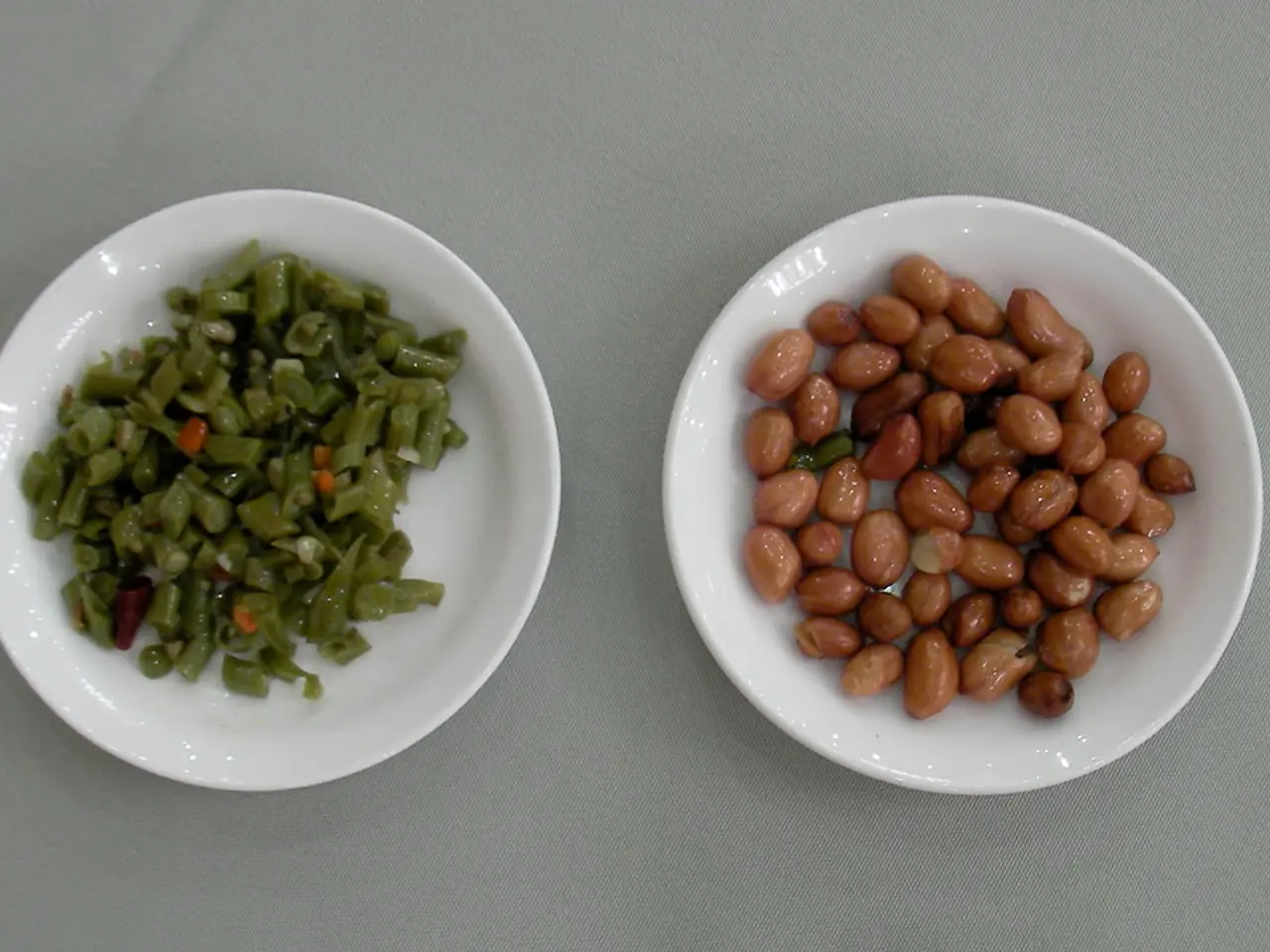Predicting peanut therapy success through blood testing
In a groundbreaking study published in the journal "Allergy", Berlin-based scientists led by Young-Ae Lee and Kirsten Beyer have explored potential biomarkers that could help predict the effectiveness of peanut allergy immunotherapy in children. The study, conducted at the Max Delbrück Center for Molecular Medicine and Charité, focused on understanding why some children with a peanut allergy do not respond to or react allergically to immunotherapy treatment.
The study involved 38 children, averaging seven years old, with peanut allergies undergoing oral desensitization therapy. The researchers analyzed blood concentrations of allergy antibodies, immunoglobulins, and inflammatory substances, cytokines, before and after therapy.
The study's findings suggest that children with less reactive immune systems may be more likely to respond well to peanut allergy immunotherapy. Specifically, children who responded well to treatment had lower immunoglobulin and cytokine levels in their blood before starting therapy.
Aleix Arnau-Soler, a lead author of the study, stated that further research is needed to confirm these results. However, the study's findings are promising, as they open the door to developing a predictive model for personalizing peanut allergy immunotherapy using a simple blood test.
In addition to blood immune markers, related research shows that gut microbiome signatures may serve as complementary biomarkers to predict long-term remission after peanut oral immunotherapy. The new study suggests that potential biomarkers could help determine the risks involved before desensitization.
The scientists are planning to conduct another study to confirm their findings and translate them into practical blood tests. If successful, the treatment length and dosage of peanut allergens could be tailored to each patient's immune profile, reducing the risk of severe allergic reactions during therapy.
While the study did not discuss the specific biomarkers that could help determine how well a child will respond to therapy, it has paved the way for future research in this area. The development of a predictive model for personalizing peanut allergy immunotherapy could revolutionize the treatment of peanut allergies in children, making it safer and more effective.
- The study's findings in the field of health-and-wellness and medical-conditions suggest that the biomarkers in blood concentrations of allergy antibodies, immunoglobulins, and inflammatory substances, cytokines, could potentially predict the effectiveness of peanut allergy immunotherapy in children.
- In the realm of therapies-and-treatments and mental-health, further research is needed to confirm the study's findings, focusing on establishing a predictive model for personalizing peanut allergy immunotherapy using a simple blood test.
- The development of a predictive model for personalizing peanut allergy immunotherapy in the sectors of science and health-and-wellness could revolutionize the treatment of peanut allergies in children, making it safer and more effective.
- Related research in fitness-and-exercise and nutrition reveals that gut microbiome signatures may serve as complementary biomarkers to predict long-term remission after peanut oral immunotherapy, potentially determining the risks involved before desensitization.




